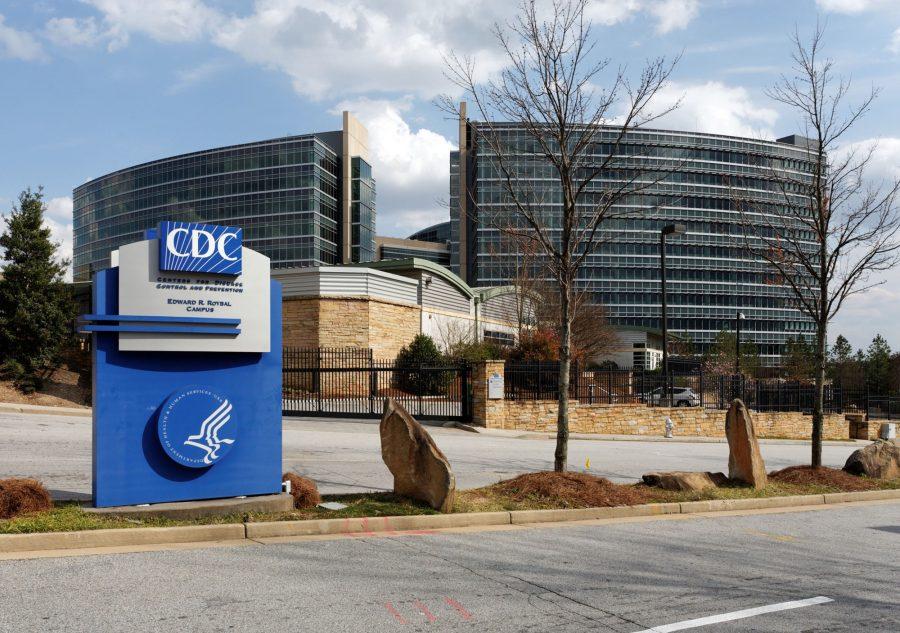Just over one year ago, scientists around the world began to sequence the SARS-CoV-2 virus with the aim of finding out more about the novel and enigmatic coronavirus. A few months ago, experts began to notice mutations in the virus’ genome that have led to a new round of lockdowns and increased concern around the globe.
After the creation of vaccinations in record time, the Centers for Disease Control and Prevention now warns that B.1.1.7 — the variant first identified in the United Kingdom — will become the dominant strain in circulation by March.
“Increased SARS-CoV-2 transmission might threaten strained health care resources, require extended and more rigorous implementation of public health strategies, and increase the percentage of population immunity required for pandemic control,” the CDC published on its website.
As of Jan. 13, 2021, approximately 76 cases of B.1.1.7 have been detected in 10 states, according to the CDC. Each day, B.1.1.7 is becoming more widespread, information made available due to virological surveillance around the world and country. In Arizona, a place with some of the highest infection rates in the world, experts warn that the U.K. variant could exacerbate the current situation.
“The arrival of a more transmissible [U.K.] variant could change this calculus for the worse. Arizona’s outbreak remains appallingly bad. A bit of good fortune (or preferably policy action) is needed to gain additional time to vaccinate Arizona’s most vulnerable citizens,” said Dr. Joe Gerald, an associate professor and program director of Public Health Policy and Management at the UA Mel and Enid Zuckerman College of Public Health.
The variant has mutations in the genetic code that affect the receptor-binding site on the viral coat, according to Will Humble, executive director of the Arizona Public Health Association.
“So far, there’s no evidence that this particular variant poses a risk to vaccine effectiveness. Vaccines are made such that they can accommodate genetic changes,” Humble added.
Pfizer, one of the manufacturers of the first coronavirus vaccine that received an emergency use authorization from the U.S. Food and Drug Administration, said they believe their vaccine will work against B.1.1.7 due to its mRNA technology.
“We are closely monitoring the new strains and mutations from the virus’ variants. One of the reasons we chose mRNA technology is because of its potential flexibility, including the ability to alter the RNA sequence in the vaccine to potentially address new strains of the virus,” Pfizer said via Twitter.
Every year, flu vaccinations are altered slightly to adapt to the genome of the ever-changing influenza virus. Similarly, the vaccine for COVID-19 will have to be altered to adapt to a changing genome, but the frequency at which people will need to be re-vaccinated is still to be determined.
Follow Amit Syal on Twitter









